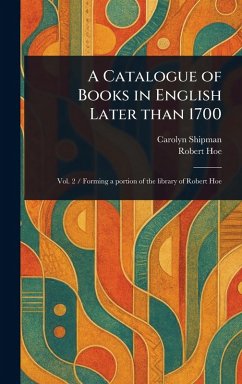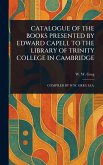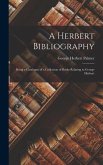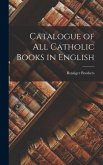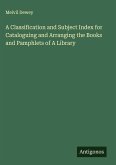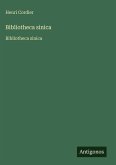Delve into the world of rare books and private collections with "Catalogue of Books in English Later than 1700 (Vol 2 of 3)," forming a portion of the celebrated Robert Hoe library. This meticulously compiled catalog offers a fascinating glimpse into the holdings of one of history's great private libraries, providing a rich resource for bibliographers, book collectors, and enthusiasts of English literature. Explore a comprehensive listing of English language books published after 1700, offering a valuable window into the literary tastes and collecting habits of a bygone era. This volume serves as an important reference work for understanding the history of book collecting and the development of private libraries. A treasure trove of information for anyone interested in bibliography, book catalogs, and the enduring legacy of printed works, this book provides unique insight into the organization and scope of the Robert Hoe collection, a landmark in the history of private libraries in New York. This work has been selected by scholars as being culturally important, and is part of the knowledge base of civilization as we know it. This work is in the public domain in the United States of America, and possibly other nations. Within the United States, you may freely copy and distribute this work, as no entity (individual or corporate) has a copyright on the body of the work. Scholars believe, and we concur, that this work is important enough to be preserved, reproduced, and made generally available to the public. We appreciate your support of the preservation process, and thank you for being an important part of keeping this knowledge alive and relevant.
Bitte wählen Sie Ihr Anliegen aus.
Rechnungen
Retourenschein anfordern
Bestellstatus
Storno

